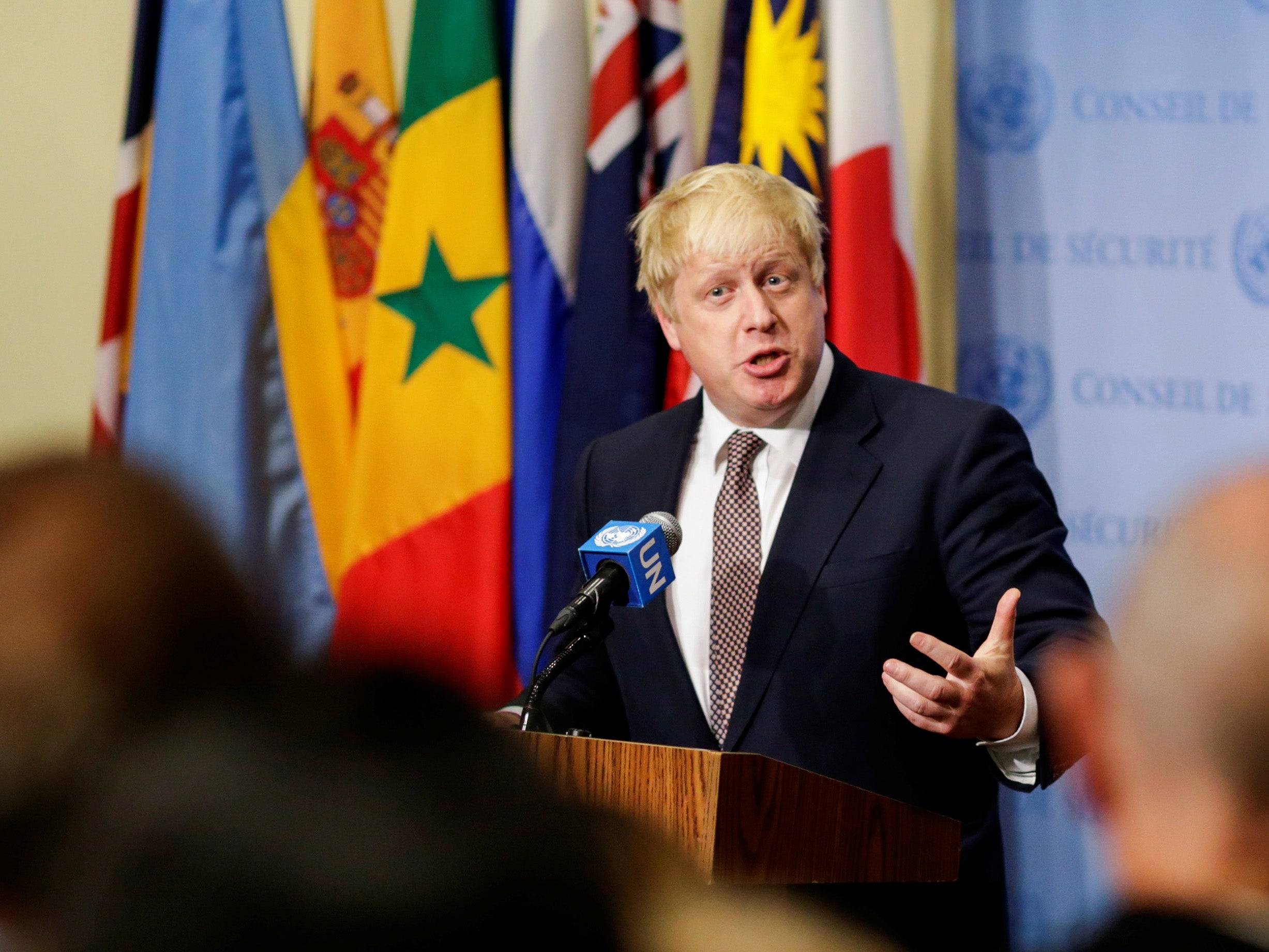The Independent's journalism is supported by our readers. When you purchase through links on our site, we may earn commission.
The favourite brands of Brexiteers show it was the working class who voted us out – as if we needed more proof Brexit was caused by austerity
There’s no denying that certain brands are affiliated with particular social classes.Despite some arguing that class wasn’t the leading factor, this study backs up the data we’re reluctant to take at face value

Since the UK voted to leave the European Union in June, we’ve been trying to untangle why this happened, and what the Brexiteers have in common.
It’s important – and natural – that we want to understand. In fact, a new study on the favourite brands of the British public, divided into those who voted in and out of the EU, has lent us some surprisingly valuable insight.
The number one favourite brand of Leave voters was HP Sauce, followed by Bisto, ITV News, the Health Lottery, Birdseye and Iceland. Their top 10 also included PG Tips and Richmond sausages.
For Remainers, they favoured the BBC website, followed by BBC iPlayer, Instagram and the London Underground. The list also included Airbnb, LinkedIn, Virgin Trains and EasyJet.
There’s no denying that certain brands are affiliated with particular social classes. Those who prefer home-cooked meals and a strong cuppa, rather than spontaneous weekends away, are more likely to be working class for the simple reason that these cost less money.
We know that working class voters disproportionately voted to leave the EU. Despite some arguing that class wasn’t the leading factor, this study backs up the data we’re reluctant to take at face value.
Some say Brexit was a result of racism, a rejection of multiculturalism. This is hard to ignore in light of the increase in hate crime following the vote. But behind the racist violence of a small minority of people – and the creeping xenophobia of many more – is a background of discontent.
We all saw the voxpops leading up to the vote, almost always taken from deprived, working class areas, featuring people saying they would Brexit because they wanted to “take back control”. That £350m saved every week will go on the NHS, they said, as if the EU was the reason for rich getting richer and poor getting poorer. And who could blame them for thinking that? It was repeated again and again by campaigners like Nigel Farage and Boris Johnson.
The working class was painted a picture of their jobs, public services and housing being taken away from them, the rightful beneficiaries, by too many people coming to this country to scrounge. The Brexit vote was a territorial move, fuelled by discontent, to “get our country back”. And we were all lied to.
The Leave campaign was led by a man who said his annual salary of £250,000 for a weekly column in The Telegraph was “chicken feed”. We were so desperate to vote against the establishment that we fell for Johnson, Farage and their anti-establishment lies, when they are both establishment to the bone.
If we were a land of plenty, we wouldn’t mind immigration to the UK. But in unnecessarily austere times, we must ask ourselves where at least some of the anti-migrant sentiment stemmed from.
Working class Brexiteers have been harder hit by austerity measures than wealthier cosmopolitan Remainers. Former chancellor George Osborne cut billions from welfare, health and education. His policies disproportionally hit disadvantaged children. People saw their families’ lives and lifestyles rapidly decline.
The last government’s policies led to increase in the use of food banks. It changed the definition of child poverty from relative income to include measures such as employment, failing to understand that an increasing number of the poor work. It introduced the Bedroom Tax and changes to welfare payments so harsh that Iain Duncan Smith resigned from cabinet.
The government cut frontline services with one hand, and gave tax cuts to the rich with the other. The discontent this fuelled was used to persuade us that the problem was EU bureaucrats and immigration.
Members of the working class – the ones disproportionately affected by job insecurity, zero hours contracts and public sector pay freezes – were asked to believe that these austerity measures were down to the EU, when leaving it will no doubt affect our economy negatively for years to come.
Now, new prime minister Theresa May, who sailed into number 10 with promises to improve social mobility, is considering lifting a ban on new grammar schools. Less than three per cent of entrants to grammar schools qualify for free school meals. The future for the poorest in our society looks increasingly grim.
It’s no coincidence Brexiteers love the lottery, but unfortunately this was a gamble they’re not likely to win.
Join our commenting forum
Join thought-provoking conversations, follow other Independent readers and see their replies
Comments
Bookmark popover
Removed from bookmarks